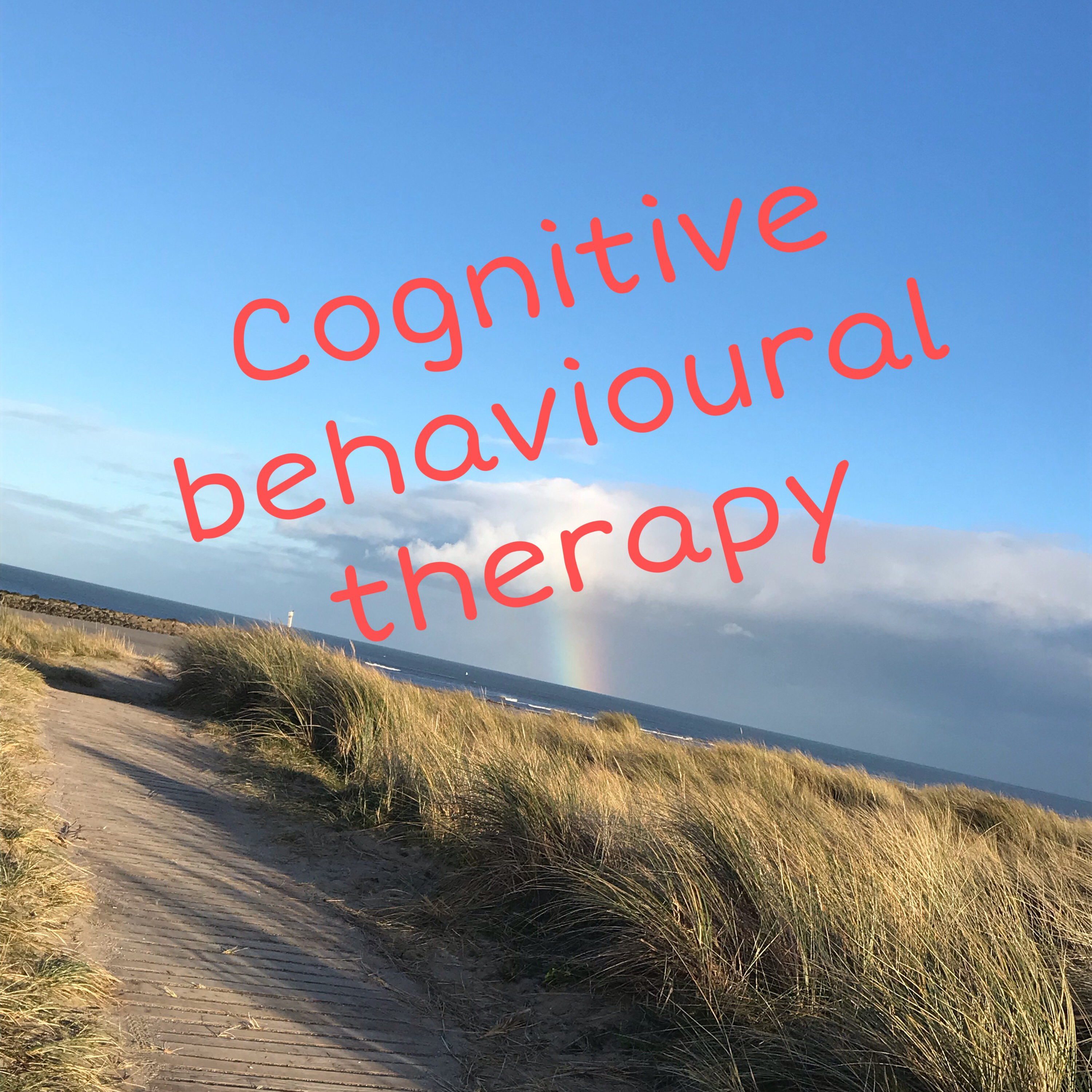Cognitive Behavioural Therapy (CBT)

Hi all, welcome back to my blog. I hope everyone is having a great week. As you can tell from the title this post is an addition to my mental health awareness series. I have been spending a lot of time focusing on conditions that affect your mental health., So I wanted to stare focus more on the different types of treatments that are available for different conditions. It’s really important to get the right treatment, every person is different and it’s important to find what works for you, this will give you the best chance at recovery and the ability to maintain your mental health. I know I have touched on this in the past but I really want to go into more detail and break down individual treatments and therapies that are out there so there is a better understanding.
This week I want to focus on “Cognitive Behavioural Therapy. I’m going to go through this type of therapy in detail and simplify it. What it is, how it works, and who it might benefit. Also what way you go about seeking treatment.
What is Cognitive behavioural therapy?
Its a combination of two things, behavioural psychology, and cognitive psychology.
This therapy works on the premise that our thoughts affect our behavior and feelings. It’s not the situation or circumstance we find ourselves in that makes you feel bad and effects our emotions it’s our thought. When things happen to us we tend to over think it, over analyze or focus on the negative which affects our behavior and emotions which brings you down and puts you in an anxious depressive state.
The aim of (CBT) Cognitive Behavioural Therapy is to change how we react to situations, It helps you understand how your thoughts and actions affect how you feel, It will help you change your unhealthy thought patterns which will enable you to cope with stressful situations better.
This treatment can be used to treat anxiety disorders, PTSD – Post Traumatic Stress Disorder”, OCD, eating disorders, phobias, and depression.
CBT treatment involves working on your own time so you need to be really motivated and commit to the treatment for it to really work for you. This involves keeping a diary, this will help you identify common patterns, emotions, actions and how it affects your life whether it is positive or negative. In doing this you’ll learn more about yourself .youll know your triggers and be able to identify the negative thought patterns that affect you and you can develop a strategic or relapse/recovery plan to help you cope which you can use through your life.
If you would like to try CBT contact your GP and they can refer you to a practitioner. The first session the practitioner will talk with you about what your problem is and what you’re struggling with and how your feeling So you can decide if this is the right treatment for you.
Your CBT practitioner will help you breakdown problems so you can look at it piece by piece to figure out what area concerns you in order to find a solution.
You may be asked to write down your patterns of emotions, thoughts, and behaviors in this situation. When its written in front of you, you can see how your thoughts, feelings, and actions are impacting your life. This type of therapy helps you to stand back and look at the whole picture. Each session will last between 30-60 minutes. This therapy is a tool that you can use throughout your life when you find yourself in difficult situations.
Thank you so much for checking out this blog I really appreciate it and I hope your enjoying the content and are finding it helpful, leave me comments and let me know what you think. If you would like blog updates please subscribe. xx Paula xx
https://twitter.com/belledailylife3
https://www.instagram.com/belladailylifenotyetlived/?hl=en
https://creators.ie/creators/paula-gunning
